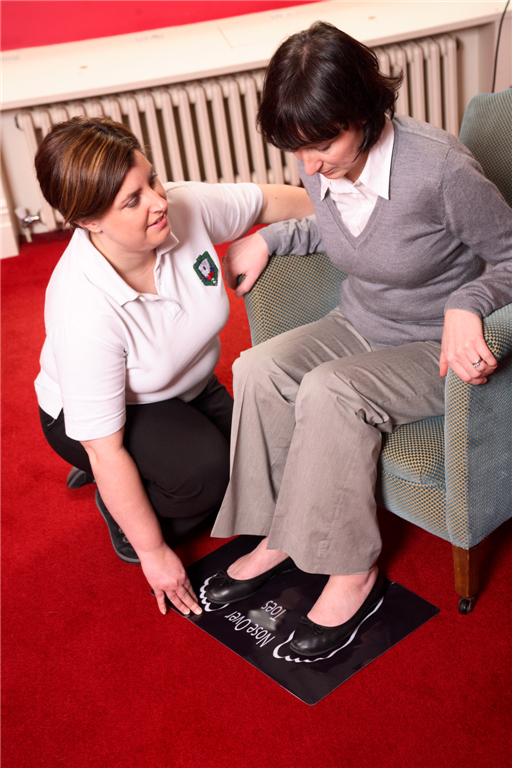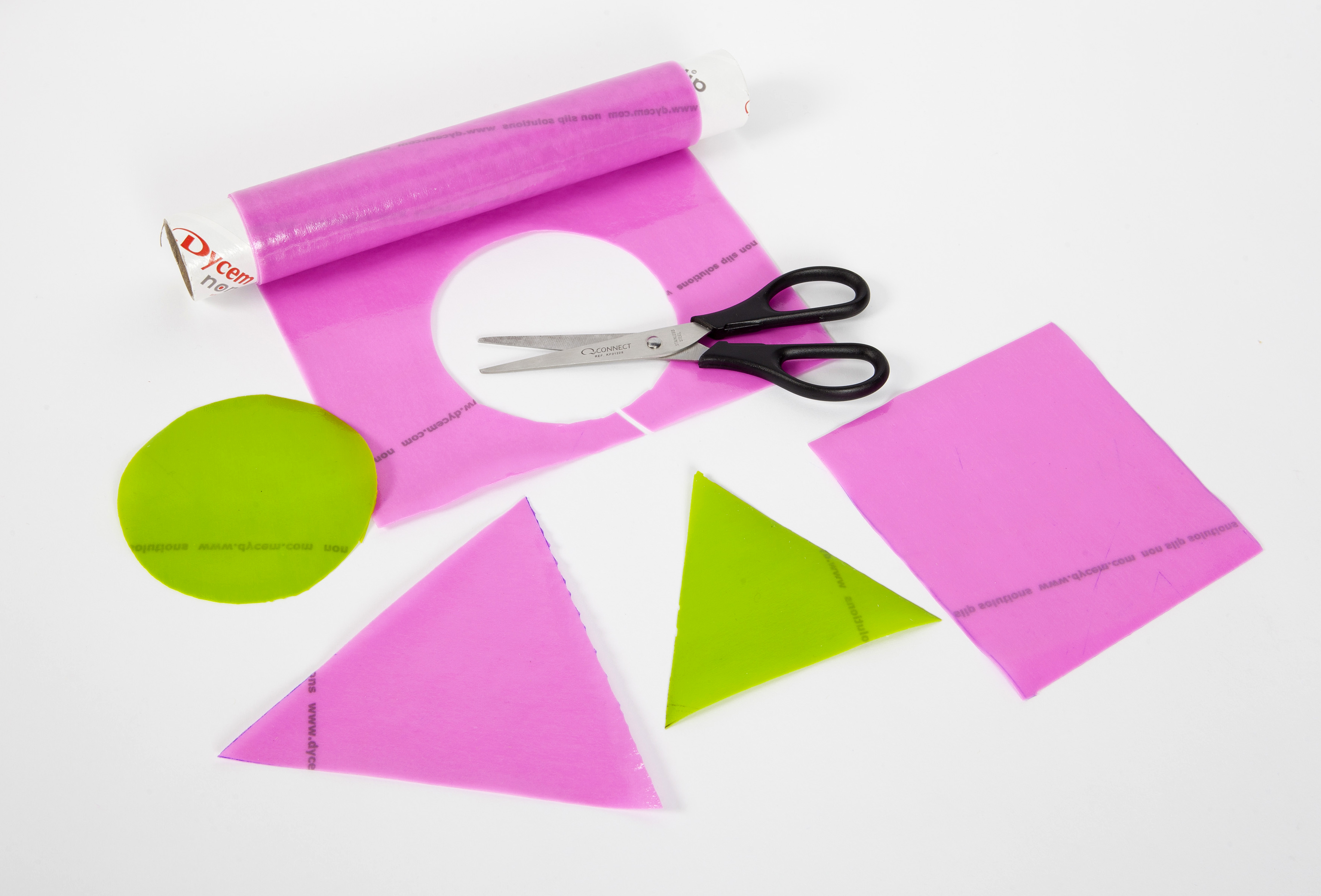This year’s UK Occupational Therapy Week is all about being proud to be an Occupational Therapist (OT) and helping to challenge the myths and preconceived notions of what it means to be an OT.
OTs across the country are using the week as an opportunity to fly the flag for the profession and to inform people about the valuable work that they do.
Jen Cave-Ayland, Occupational Therapist from Bristol says: “Many people are unsure about the role of the occupational therapist and what we do. Some people still think that we are all about teaching basket weaving but the reality of life as an OT is very different.”
As the public health agenda has broadened, so has the role of the OT. Traditionally the role has tended to revolve closely around the needs of social services but the voluntary sector now provides many new models for occupational therapy.
The aim of occupational therapy is to help people of all ages and backgrounds to enjoy a meaningful and independent life, irrespective of any physical, mental or social problems they may have. The knowledge base of the Occupational Therapist includes physiology, psychology as well as cognitive and physical treatment techniques. The variety of clients and the scope of an OTs work is very wide.
Many OTs also work with a diverse range of professionals to achieve the individuals’ goals – including physiotherapists, speech and language therapists, and social workers,
“Teams often receive Referrals requesting help for people to overcome difficulties with personal care, but our skill lies in identifying what is important to a client. We may end up focusing on leisure pursuits and community involvement instead, Jen continues.
“We are a trusted source of information and advice and can recommend to our clients services and products which we think will help them with all aspects of their life. We have an important role to play in the prevention of accidents, slips and falls and in promoting safe independent living. Recent changes to the health budget make this role increasingly important. We need to help our clients to manage their resources and encourage them to invest in products or aids which we think will be good value for money and that will help them to live safe and independent lives.
“For example, Dycem products, they are inexpensive but great value for money as they last a long time – I know a lady who has had hers for years! It’s often the simple things that can make a huge difference to someone’s way of life, and products that help to prevent spillages, trips and falls are a vital part of our work in keeping people safe in their own homes.
Jen concludes; “Helping people cope with the after-effects of a fall, accident or life changing incident such as finding themselves out of work provides practitioners with enormous variety in terms of the types of people that they treat and the environment that they work in. It’s what makes the job interesting and exciting as no two days or clients are ever the same. I’d recommend occupational therapy to anyone who wants to embark on a rewarding, interesting and worthwhile career.”


